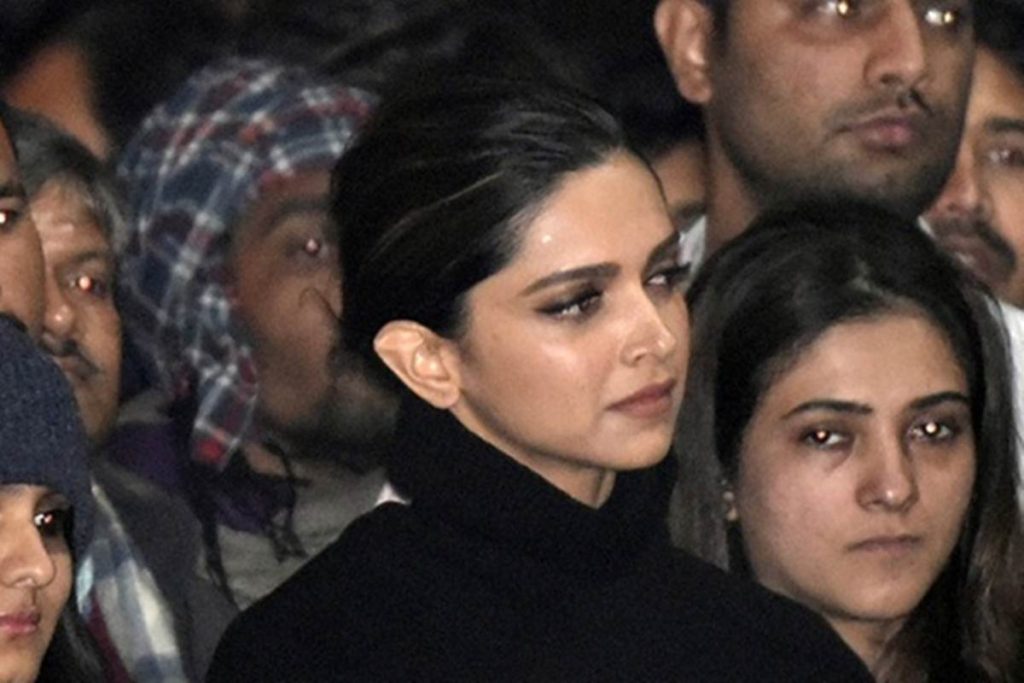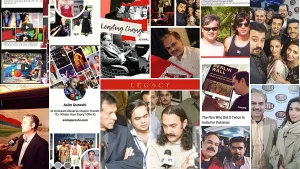The dark side of social media is a topic that has been widely discussed in recent years. It has become increasingly apparent that the platforms we use every day are not as innocent as they may seem. The Netflix documentary “The Social Dilemma” sheds light on this issue, exposing the fundamental problem of social media’s ability to bring out the worst in society.
A former Google employee, articulates a fundamental issue — “the existential threat to society isn’t the technology itself, but its ability to bring out the worst in society.”
The Business Model
One of the key revelations from the documentary is the realization that social media platforms are not truly free. While we may not pay a monetary price to use these apps, we unknowingly become the product. The business model of tracking users’ behavior and collecting their data is what enables these platforms to sell advertisements, information, services, and even people and products. This creates a vicious cycle where our data is exploited for profit.
The documentary explores how the Internet’s most popular products work. The only reason these social media apps are free is that their endgame is to sell and if you aren’t buying, chances are you are the product.
“Using Your Psychology Against You.”
A basic business model of tracking users’ behavior as DATA. In order to sell ads, information, services, people, and products in a vicious cycle.
Fake News
The documentary also explores the issue of fake news and its rapid spread through social media. With the ability to reach millions of people within seconds, false information can have a significant impact on public opinion and even shape societal discourse. This is not solely a media problem; it reflects a larger issue within our society. Those with ample resources can manipulate the system, flooding the medium with propaganda and leaving little room for independent voices to be heard.
“Fake News Spreads 6 Times Faster Than Truth.” Tristan Harris
Seed accounts are profiles that overwhelm a platform like Twitter. With specific content through their networks. To clarify by manipulating information. The resourceful enjoy their power to steer a discourse. While the individual voice online, even if free, is cluttered.
Spying
How many times have you had a conversation about something and then post, and products appear of those very things.? Scary right.?
Facebook, in particular, has faced scrutiny for its privacy practices and allegations of spying on its users. These revelations have eroded trust and further highlighted the need for greater transparency and accountability from social media companies.
Furthermore, the issue of privacy and surveillance on social media platforms is deeply concerning. Users have increasingly reported instances where they have had conversations about certain topics, only to find ads and products related to those discussions appearing in their feeds shortly afterward. This level of intrusion is unsettling and raises questions about the extent to which our personal information is being exploited.
Mental Health
Additionally, research has consistently shown the negative impact of excessive social media use on mental health. The addictive nature of these platforms keeps us glued to our mobile phones, unable to disconnect. Algorithms meticulously study our profiles and behaviors to keep us engaged and scrolling, creating a dependency that is difficult to break free from.
How so.? Well, imagine being bombarded by an aspirational lifestyle. Images of the rich and famous living their manufactured and artificial beauty. Perfect bodies, relationships, and happiness. Then you compare what you see every day to your “normal” life, which is lacking in everything that you desire.
Addiction
Why are we so attached to our mobile phones? Unable to help ourselves?
Apps like Facebook and Instagram have special algorithms that study a person’s profile and behavior. In order to predict what that person likes based on the things they post. Or the kind of photos they like. Furthermore, these algorithms are so advanced that they can predict your mood. Make suggestions for you accordingly in the form of posts and products.
“The answer is we are being conditioned. ”
Therefore, it isn’t a coincidence that you see pictures and posts that engage you. The apps are designed that way to keep you busy.
Deepika Padukone vs Dark Side
Take the case of the movie Chhapaak. The actor’s much-publicized visit to a University. Expressing solidarity with students protesting against the Citizenship Amendment Act. Soon after Deepika’s visit, #BoycottChhapaak started trending on Twitter. Accusing the filmmakers of giving the lead character, on whom the movie is, a ‘false’ identity.

A fake claim spread through anonymous twitter accounts as reported in media. Seed accounts also followed by none other than Prime Minister Of India Narendra Modi. That is to say, politically influencing the superstar and her movie’s fate. Prior to its release in cinemas.
The Dark Side
Conclusion
It is crucial to recognize that the issues presented in “The Social Dilemma” extend far beyond the confines of the documentary itself. They reflect the challenges we face as a society in the digital age. It is imperative that we take a critical look at our relationship with social media and demand greater transparency, ethical practices, and safeguards for our privacy.
Among the many issues, The Social Dilemma touches on include how tech companies have influenced elections, ethnic violence, and rates of depression and suicide. In short,
Chaos! Who knows what’s next?
Ultimately, the dark side of social media lies in its ability to exploit our vulnerabilities, perpetuate misinformation, and erode our mental well-being. As users, we must remain vigilant and informed, demanding change from the platforms that have such a profound impact on our lives. It is time to reevaluate our reliance on social media and seek healthier alternatives that prioritize our well-being over profit.
Photo Credits Unsplash
- Disinformation Campaigns as National Security Threats - August 13, 2024
- Global Security Threats An Overview - August 6, 2024
- Think About the Cinema and not just Film in Marketing - June 1, 2021



Love Deepika Padukone Angle in this story..Rest also very good blog. Will Watch the Netflix documentary you mention. Keep writing more.
“Fake News Spreads 6 Times Faster Than Truth.” INDEED…Great analysis a..Loved the Netflix Documentary its making waves
The Netflix Documentary is true I think. Nice blog. I would love to write along on this.
yes is true. they are watching us.
Japanes culture also suffering new generation always on mobile
This is why most social media not allowed in China
Love Deepika. I couldn’t agree more
I think the Netflix documentary is overrated. Good blog though
One couldn’t agree more
The internet common people know is not more than 33% of the total web.
Have you ever wondered why facebook starts showing you posts about stuff you are discussing with your friends or at home? because they are listening to you.
Thanks Guys for liking our blog
Good blog. I also see more chaos in future.
Excellent references on the blog M.A.D
I think the Netflix documentary was thought provoking. Also this blog.
Excellent
Thanks once again for sharing best practices
Wise assessment
I think a lot of the documentary is just hype. Not true
Good Blog. Lets talk. Reply on email